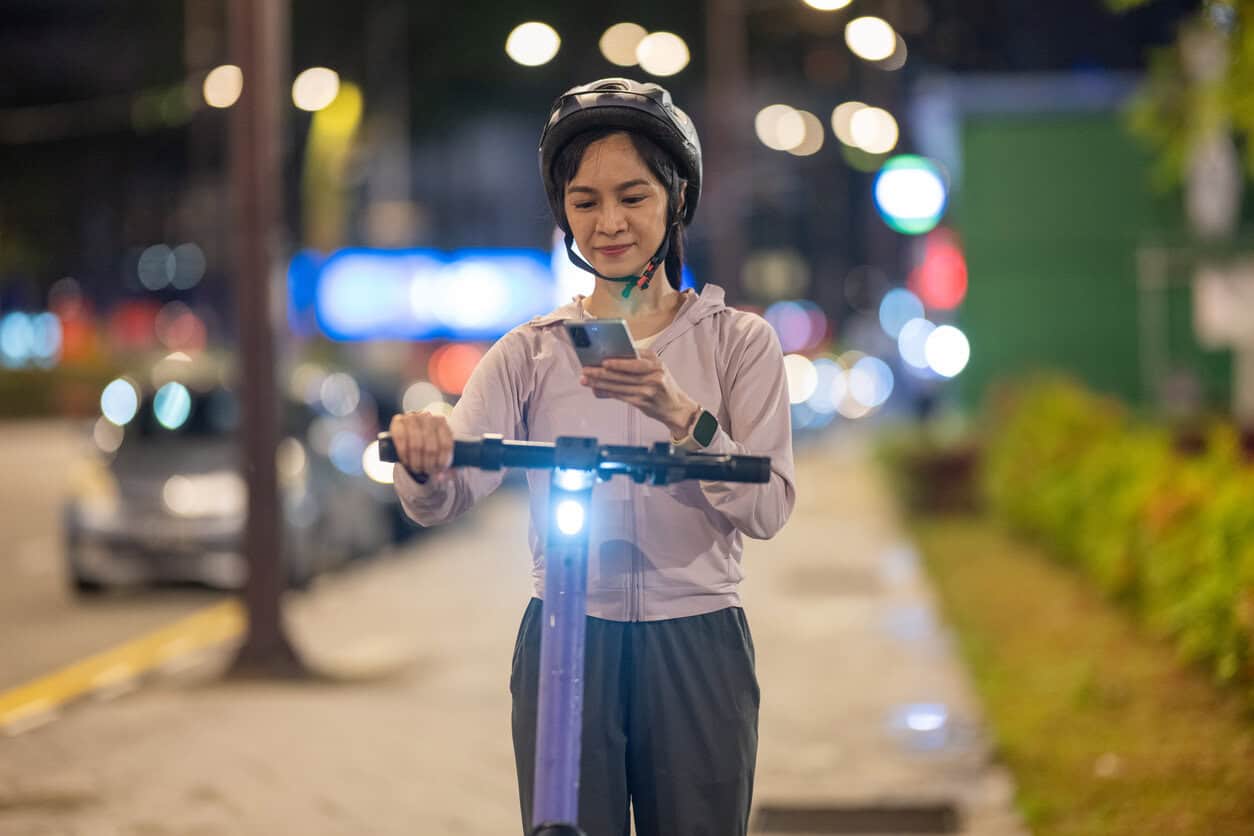Shared bikes, cashless apps and order in public spaces show how China has turned smart ideas into everyday efficiency.

When China invented toilet paper more than 1 000 years ago, while the rest of the world was still using primitive hygiene methods, nobody imagined it would remain a leader even in modern innovations.
There was disorder when Beijing launched the concept of shared bicycles to enhance public transportation and improve accessibility for the people and Western media crowed about the problems.
But there is now order in the system management with effective control, robust security and proper oversight by the owning companies and Chinese authorities. Strict policing has significantly reduced crime throughout China.
Although there was some parking chaos, theft and abandoned bicycles, the system began to work as it facilitated easy travel in the busy Beijing streets.
China’s shared bikes are being hailed as one of the four big inventions to come out of the country in modern times, aside from the highspeed railway, online shopping and mobile payments.
ALSO READ: SA and China agree to collaborate on AI and innovation
Shared bicycles are a popular mode of transportation for the “last mile” of Chinese people’s commute.
You unlock the bicycles by opening an app and scanning the QR code. After you park the bike at the parking spot, it will automatically charge your Alipay or WeChat Pay account. In general, the starting price is 1.5 yuan (about R3.70) including 15 minutes of riding, then 1 yuan every 15 minutes thereafter.
The shared bikes are run by private companies such as Mobike, Hellobike, and Meituan Bike, but the government is also involved in governance.
The Chinese government controls the number of bicycles and participates in the recycling of used bicycles, aiming to strengthen the management of the industry.
Last week, I visited China with fellow journalists from South Africa, India, Nepal and Sri Lanka. We were warmly welcomed by our colleagues at Global People magazine.
ALSO READ: India overtakes China in smartphone exports to the United States
During our brief visit to Peking University in Beijing, Edwin Tshivhidzo, a colleague from SANews, tested one of the bicycles.
He certainly brought a lot of humour and entertainment from the media.
You can stay safe from law enforcement issues while using the bicycles in China as long as you adhere to the equipment usage rules and follow the road rules.
In fact, the police are supportive of cyclists in China, a country with such a minimal crime rate that it leaves a South African like me quite envious.
During our travels through Beijing on our assigned two buses, I noticed several young people engrossed in their cellphones while simultaneously riding bicycles or motorbikes.
ALSO READ: China to offer childcare subsidies in bid to boost birth rate
They were likely using WeChat, a popular app in China. WeChat serves as a multipurpose platform, combining the features from various American social media apps such as Facebook, X, WhatsApp and Instagram, while also incorporating online banking functionalities.
During the 10 days spent in China, we encountered no more than half a dozen police officers in all the places we visited, including the capital city of Beijing, as well as Lhasa and Nyingchi in the Xizang autonomous region.
In Beijing, we saw a few uniformed officers directing traffic, while Lhasa and Nyingchi were peaceful and did not require a significant law enforcement presence – only security guards primarily monitoring entrances to buildings.
I must confess, before I went to Tibet, I was expecting thin monks who lived in suffering in isolated mountain sites.
Instead, they were a jubilant bunch enjoying an urban environment that China created for them – a story for another day.
NOW READ: Liberation movements fighting for survival and new injustices
Support Local Journalism
Add The Citizen as a Preferred Source on Google and follow us on Google News to see more of our trusted reporting in Google News and Top Stories.








